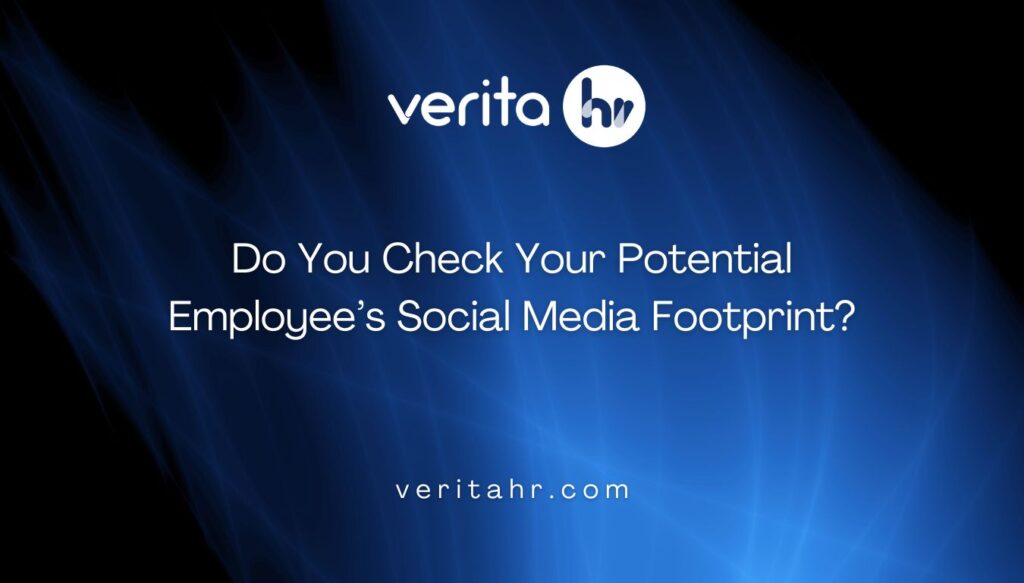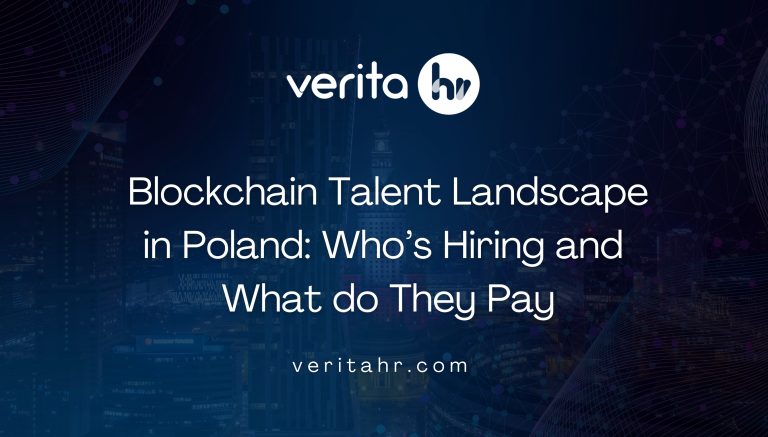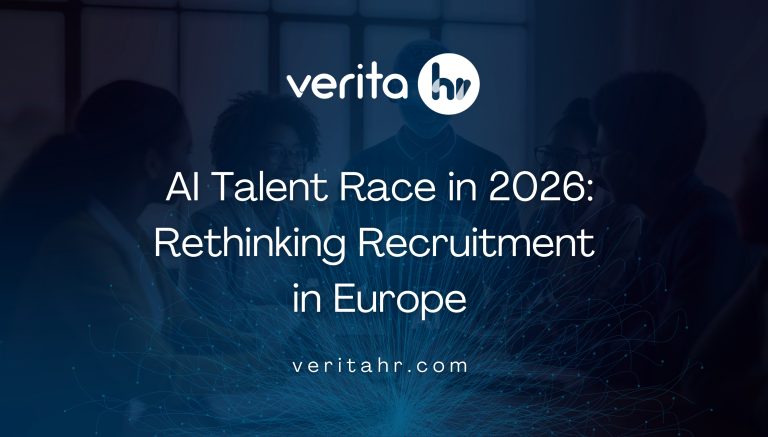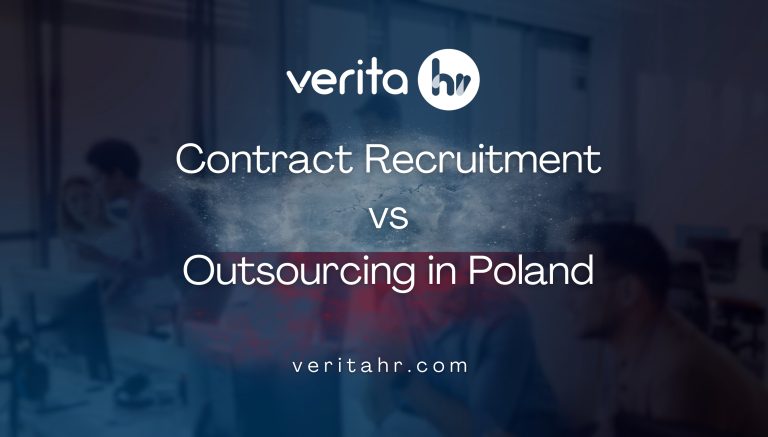In the digital age, the boundaries between personal and professional lives have become increasingly blurred, prompting a significant debate around the practice of employers reviewing the social media profiles of potential employees.
The Rise of Social Media Screening
Social media platforms have become ubiquitous, offering a window into the personal lives, opinions, and behaviours of billions of users worldwide. For employers, these platforms present an opportunity to gain insights into a candidate’s character, work ethic, and compatibility with the company’s culture. According to a survey by CareerBuilder, 70% of employers use social media to screen candidates during the hiring process, highlighting the widespread adoption of this practice.
The Case for Social Media Screening
Many argue that social media screening is a vital tool in the hiring process, serving multiple purposes:
- Cultural Fit: Employers can assess whether a candidate’s values and behaviour align with the company’s culture, which is crucial for long-term success and integration into the team.
- Professionalism: Publicly accessible content can reveal a lot about a person’s professionalism, communication skills, and judgment.
- Background Verification: Social media can corroborate details provided in a resume, such as employment history, education, and professional achievements.
This approach is seen as an extension of traditional background checks, offering a more holistic view of a candidate beyond the resume and interview.
The Ethical & Legal Considerations
Despite its advantages, social media screening raises significant ethical and legal concerns:
- Privacy: Critics argue that evaluating personal social media accounts infringes on an individual’s privacy and autonomy, potentially penalizing candidates for lawful off-duty conduct.
- Bias and Discrimination: There’s a risk that employers may consciously or unconsciously discriminate against candidates based on protected characteristics visible on social media, such as race, religion, gender, or sexual orientation. This practice could lead to legal ramifications under anti-discrimination laws.
- Accuracy and Relevance: Not all information on social media is accurate or relevant to a candidate’s professional capabilities. Personal opinions, contextless posts, and outdated information may paint an unfair or misleading picture.
Legal frameworks in various jurisdictions have begun to address these concerns, with some regions banning or restricting employers from asking for social media passwords or considering certain types of social media activity during the hiring process.
Best Practices for Employers
To navigate the legal and ethical landscape, employers should adhere to best practices when considering social media in their hiring processes:
- Develop a Consistent Policy: Employers should establish clear guidelines on how social media screening will be conducted, what platforms will be reviewed, and what types of content will be considered.
- Focus on Job-Related Information: Screening should be limited to information that is directly relevant to job performance and qualifications.
- Ensure Fairness and Non-Discrimination: Procedures must comply with anti-discrimination laws, ensuring that decisions are not influenced by protected characteristics.
- Obtain Consent: Whenever possible, employers should inform candidates about the use of social media screening and obtain their consent.
The Candidate’s Perspective
From the candidate’s standpoint, awareness and preparation are key. Individuals should curate their online presence, keeping in mind potential scrutiny by future employers. Privacy settings can be adjusted to control the visibility of personal information, and content that might be viewed unfavourably in a professional context should be reconsidered.
Conclusion
The practice of checking a potential employee’s social media footprint is a double-edged sword, offering valuable insights while also presenting ethical dilemmas and legal challenges. As the digital landscape evolves, so too must the dialogue around privacy, professionalism, and the role of social media in the hiring process.
Both employers and job seekers must navigate these waters carefully, balancing the benefits of social media screening with the imperative to respect privacy and prevent discrimination. As society continues to grapple with these issues, the ultimate goal should be to foster a hiring environment that is both informed and fair, where the potential of candidates can be assessed on relevant, job-related criteria without encroaching on their personal rights and freedoms.
See also:
Should your Recruiter be a Social Media Influencer? – Verita HR
Why you must have a Candidate Recommendation Program – Verita HR
#SocialMedia #Recruitment #Talent #Candidates #VeritaHR






